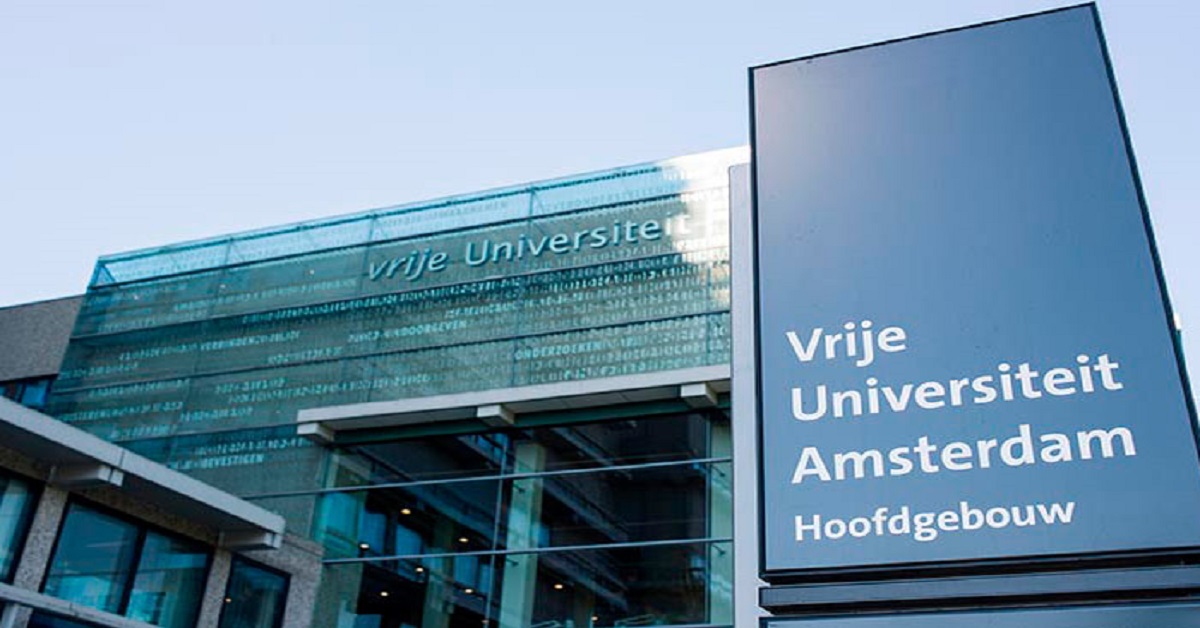
The Vrije Universiteit in Netherlands invites application for vacant Postdoc Positions, a university in Amsterdam, Netherlands, founded in 1880.
Education, Scholarships and Research

The Vrije Universiteit in Netherlands invites application for vacant Postdoc Positions, a university in Amsterdam, Netherlands, founded in 1880.